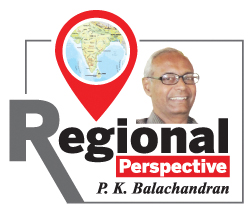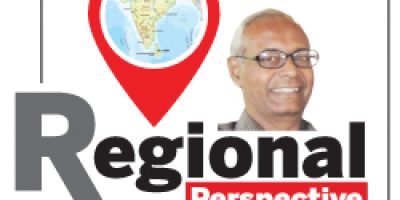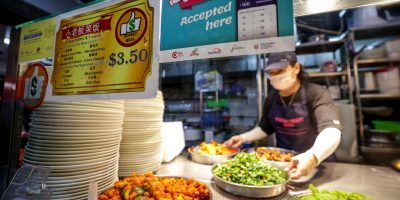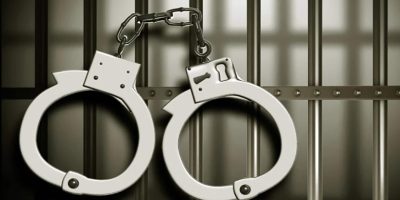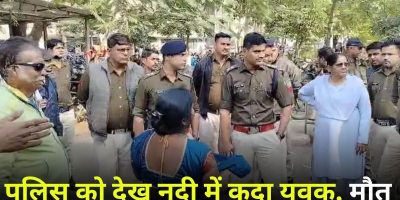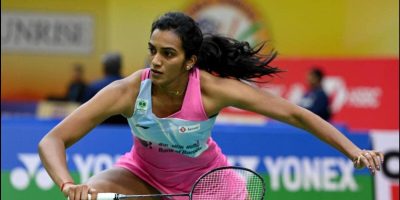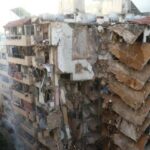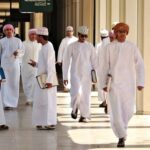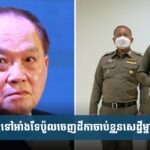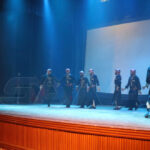Deteriorating democracies in the Global South would do well to follow Sri Lankan President Anura Kumara Dissanayake’s recipe for restoring the rule of law and sound governance.
 The victory of Anura Kumara Dissanayake, against heavy odds in the Sri Lankan Presidential election in September, and the thumping success of his fledgling National Peoples’ Power (NPP) in the November parliamentary elections, have both created history.
The victory of Anura Kumara Dissanayake, against heavy odds in the Sri Lankan Presidential election in September, and the thumping success of his fledgling National Peoples’ Power (NPP) in the November parliamentary elections, have both created history.
With no ministerial or administrative experience, Dissanayake beat both the most experienced Ranil Wickremesinghe and Sajith Premadasa, who was backed by the biggest party in the island nation in the Presidential election. And in the Parliamentary elections, NPP candidates, mostly greenhorns, beat veterans from the older parties.
But these achievements did not go to Dissanayake’s head. There was no gloating, no claim to invincibility and perpetuity in power as is common among leaders in the Global South after an electoral triumph of this magnitude. On the contrary, in his maiden speech at the opening session of parliament on November 21, he candidly stated some unpleasant truths about the state of democracy and governance in Sri Lanka and laid out a recipe for restoring it to health.
The blueprint was generic, in as much as it could be applicable in many atrophying democracies in the Global South characterised by misrule, autocratic tendencies, hyper nationalism, ethnic and religious tensions and sharp economic and social inequalities.
According to the International Institute for Democracy and Electoral Assistance (International IDEA), democracy is declining across the globe, with half of the countries in this category. The deterioration is partly due to the erosion of formal checks and balances. Eighty five of the 173 countries surveyed suffered a decline in at least one key indicator of democratic performance in the past five years.
“Many countries are struggling now even with basic aspects of democracy,” says International IDEA Secretary-General Kevin Casas-Zamora.
Amidst such a dark global scenario, Dissanayake’s first address to the new Sri Lankan parliament came as a breath of fresh air and a harbinger of hope. Without much ado, he took the bull by the horns lashing out at the brazen and routine use of regional, ethnic, and religious issues to mobilise political support in Sri Lanka prior to the 2024 polls.
“Such political divisions inevitably result in growing alienation among communities. Suspicion and mistrust between different groups grow. When racism becomes the cornerstone of a political ideology, the unavoidable outcome is the emergence of counter- racism from opposing groups. Racism in one part feeds and strengthens nationalism in another. This is a dynamic we have experienced throughout our country’s political and social history,” he said.
Referring to the different way in which political mobilization took place in the 2024 elections, Dissanayake said: “The unity displayed during the elections signifies a powerful moment in building national harmony, which the people of our country have long yearned for.”
He pledged not to allow a resurgence of divisive racist politics in Sri Lanka. “No form of religious extremism will be permitted to take root. Our nation has endured immense suffering due to ethnic conflicts. This soil has been soaked with enough blood, and rivers have flowed with the tears of countless people. Mistrust, suspicion, and anger among communities have grown to alarming levels,” he said. But the President avoided mentioning any particular episode or leaving out any, so as to avoid being accused of bias.
He then went on to suggest that the foremost responsibility of the MPs is to ensure that future generations inherit a nation free of such suffering. “We owe it to them to create a state where such tragedies are not repeated,” the President said and added: “In politics, we may have countless slogans and battle cries, whether they be about economy or democracy. However, I guarantee that no one will be allowed to use nationalist or religious rhetoric as a means to gain political power in this country.”
Multi-Party Democracy
Once a revolutionary communist party believing in the class struggle and annihilation of class enemies, the Janatha Vimukthi Peramuna (JVP), which is the hard core of the NPP, has been completely transformed by Dissanayake.
In his speech, the JVP chief, Dissanayake pledged commitment to multi-party democracy, though he had won a two thirds majority in parliament. “Democracy is not about uniting all people under a single party or a single ideology. The essence of democracy lies in the co-existence of diverse political ideologies and groups. It thrives on the presence of political factions with varying economic and political perspectives. As a democratic state, we do not advocate for one-party rule. Instead, we embrace multi-party politics as a core principle of our democratic framework,” he said.
Extending a hand of friend of friendship to those who did not vote for the NPP, Dissanayake said: “It is the responsibility of our government to represent and address the needs and aspirations of all citizens, regardless of whether they voted for us or not. Our commitment is to fulfil the expectations of every citizen of this nation.”
Elections linking the voters and the elected, and therefore, the relationship carries mutual responsibility, Dissanayake pointed out. “With their votes, the people have fulfilled their part in this relationship by granting us the mandate to govern. Now, it is our turn to fulfil our part by serving the people.We will ensure that this trust is never violated and that governance continues responsibly, always prioritising the well-being of the people,”he said.
New Political Culture
Dissanayake alluded to another issue which has been disturbing Sri Lankans – the deterioration in political culture and the peoples’ alienation from the various organs of the State, including Parliament.
“The respect and honour once associated with this Parliament have steadily deteriorated. What was once a revered institution has now become an object of public distrust, hostility and contempt. It is seen as an adversary by the people, a body they feel disconnected from and disillusioned with. I do not believe that such a Parliament is fit to govern, lead, or wield the sovereign power of the people. A Parliament like that is no longer fit to exercise financial control on behalf of the people. Nor is it suitable to continue drafting laws on behalf of the public,” was the President’s brutal indictment.
The solution is for parliament to restore its dignity as a top priority, he said.
“As representatives of the people, we must continually uphold the principle that everything we say, the way we behave, and the opinions we express are subject to public scrutiny. If anyone believes that being entrusted with power marks the end of accountability, they are mistaken. The public retains the authority to scrutinise us until the next transfer of power, the next electoral mandate,” he reminded the MPs.
Noting that there has been a sharp alienation of the people from the public service, Dissanayake said: “Our ultimate responsibility, therefore, is to establish a state service that satisfies both the citizens it serves and the individuals who work within it. We firmly believe that moving forward without a strong and effective public service is not possible. It is essential to rebuild a competent, people-centric public service that prioritises the well-being of the citizens.”
Rule of Law
The President noted the unpleasant truth that people no longer believe that they can obtain justice by seeking redress through the legal system when wronged. Their confidence in the ability of the legal system to resolve injustices has diminished, he said.
“Rule of law must be the cornerstone of a good governance system.No politician, authority, or individual should place himself above the law. Everyone must operate within its boundaries, and we must work to restore the public’s trust in it. But this effort is not about pursuing personal vendettas or engaging in witch hunts,” he said assuring there will be no miscarriage of justice.
Referring to the cry from the voters to punish the corrupt, the President said: “There have been controversial crimes that must be addressed. If perpetrators believe that such crimes can be buried and forgotten over time, it only deepens the public’s distrust in the legal system. To restore this trust, crimes that fuelled controversy must be thoroughly investigated, justice must be served to the victims, and the perpetrators must be held accountable.”
“These incidents cannot simply become political rhetoric for campaigns, as has often happened in the past. History shows that no state that failed to achieve justice for such crimes has succeeded in progressing. I assure you that the crimes that fuelled controversy will be exposed, the perpetrators will face justice, and fairness will be ensured for the victims.”
Some Tamil political commentators expressed disappointment that Dissanayake made no reference to devolution of power or the war time accountability issue. Muslims complained that he had no Muslim in his cabinet after having secured Muslim votes.
But Dissanayake had covered Tamil and Muslim issues within his overall democratic framework for reform. He could not make specific promises with implications for the constitution at the present juncture, just a few days into office.
The post Dissanayake’s blueprint for revival of decaying democracies appeared first on DailyNews.

